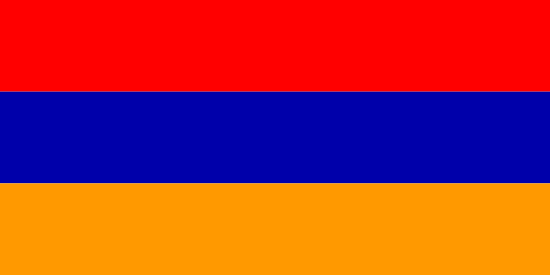"Echmiadzni Mayravank՛ | Mother Cathedral of Echmiadzin"
About:
Echmiadzin, Armenia, founded in the 3rd century BC, is one of the oldest cities in the world. It's recognized as a spiritual center of the Armenian Apostolic Church and houses the Etchmiadzin Cathedral, built in the early 4th century. Over centuries, it's been subjected to various invasions and dominations, notably Persians, Arabs, and Ottomans. In the 19th century, it became part of the Russian Empire, and later, the Soviet Union. Post-Soviet era, it remains a significant religious, cultural, and educational center in Armenia.
When to visit:
Echmiadzin, located in Armenia, is a significant religious destination and the spiritual center of the Armenian Apostolic Church. The ideal time to visit Echmiadzin is during religious holidays such as Easter or Christmas, when the city comes alive with vibrant celebrations and processions. These holidays offer a unique opportunity to witness traditional rituals and experience the rich cultural heritage of the Armenian people. Be sure to plan your visit well in advance, as these holidays attract large crowds and accommodations may book up quickly.
When to avoid:
Traveling to Echmiadzin on a holiday during the winter months of December to February may not be ideal due to the cold and snowy weather conditions in the region. The historical sites and religious landmarks may be less accessible and enjoyable during this time. Additionally, some attractions and services may have limited operating hours or closures during the holiday season. It is recommended to plan your visit during the milder months of spring or fall to fully experience the rich cultural heritage and architectural wonders of Echmiadzin.
Winter (Dec-Feb)
In Echmiadzin, Armenia, the coldest part of the year is in January, with temperatures often dropping below freezing point, averaging -5°C. Snowfall is common, turning the city into a winter wonderland. Daylight is limited to around 9 hours, with heavy cloud cover often obscuring the sun. Rainfall is relatively low, averaging 20mm. An average day for a visitor might involve bundling up in warm clothes, exploring snow-covered historical sites, and enjoying hot Armenian coffee in cozy local cafes.
Summer (June-August)
Echmiadzin, Armenia, experiences its warmest period from June to August, with July being the hottest month. During this time, the average high temperature ranges from 28°C (82°F) to 33°C (91°F), while the average low temperature varies from 15°C (59°F) to 19°C (66°F).
Rainfall is relatively low in these months, with each month receiving an average of 20-30mm of precipitation. The weather is typically dry, with humidity levels around 30-40%, which is quite comfortable for most people.
The region enjoys an average of 13-14 hours of daylight per day, providing ample sunlight for outdoor activities. However, it's essential to note that the UV index can be high, so adequate sun protection measures are advised.
Cloudiness is generally low during this period, with clear or partly cloudy skies dominating the weather pattern. This means you'll likely see a lot of sunshine during your visit.
A typical day for a visitor in Echmiadzin during the warmest part of the year would involve waking up to a bright, sunny morning with temperatures gradually rising to their peak in the afternoon. The heat might feel intense around midday, but the relatively low humidity keeps the overall feel quite comfortable. Evenings are pleasantly warm, perfect for leisurely walks or outdoor dining. Given the low chance of rainfall, outdoor activities and sightseeing plans are rarely disrupted.
Language:
Echmiadzin, located in Armenia, is predominantly Armenian-speaking. Armenian is the official language of the country and the mother tongue of the majority of its population. Russian is also widely understood and spoken among the older generation due to Armenia's past as part of the Soviet Union. Some residents may also speak English, particularly among the younger generation and those involved in tourism.




